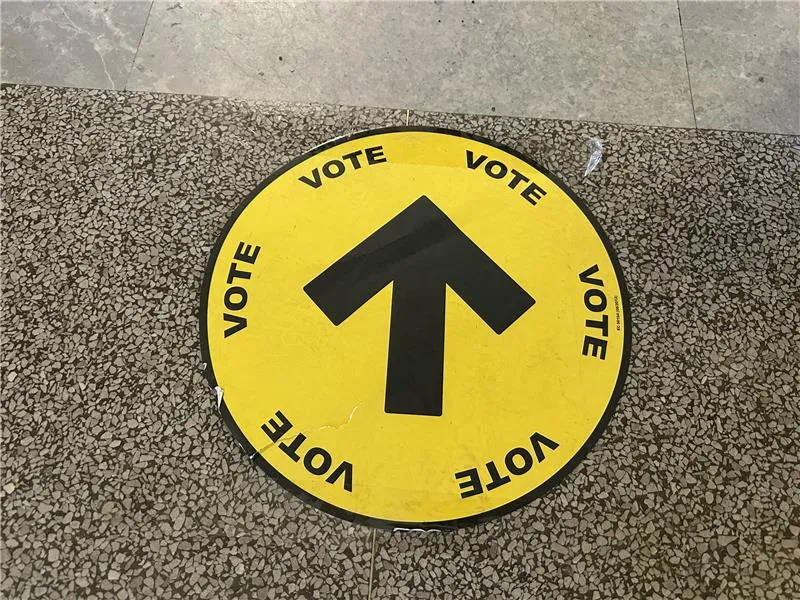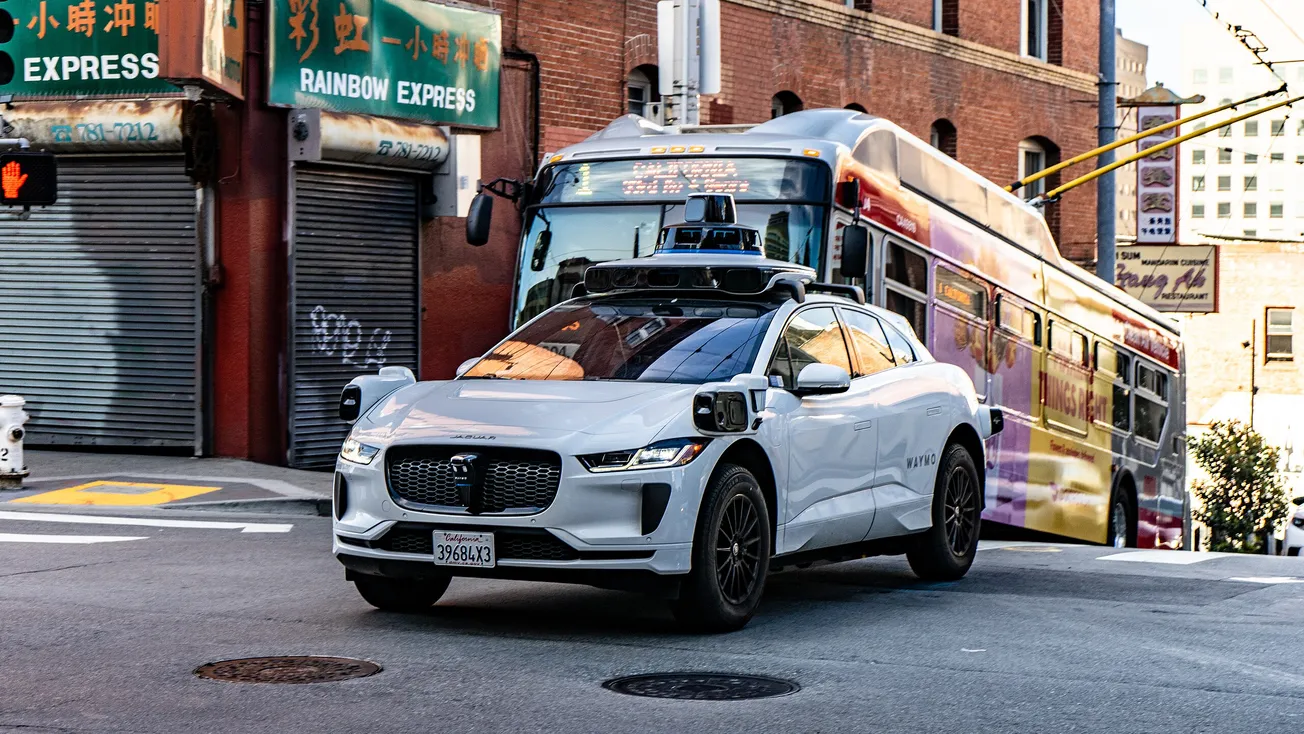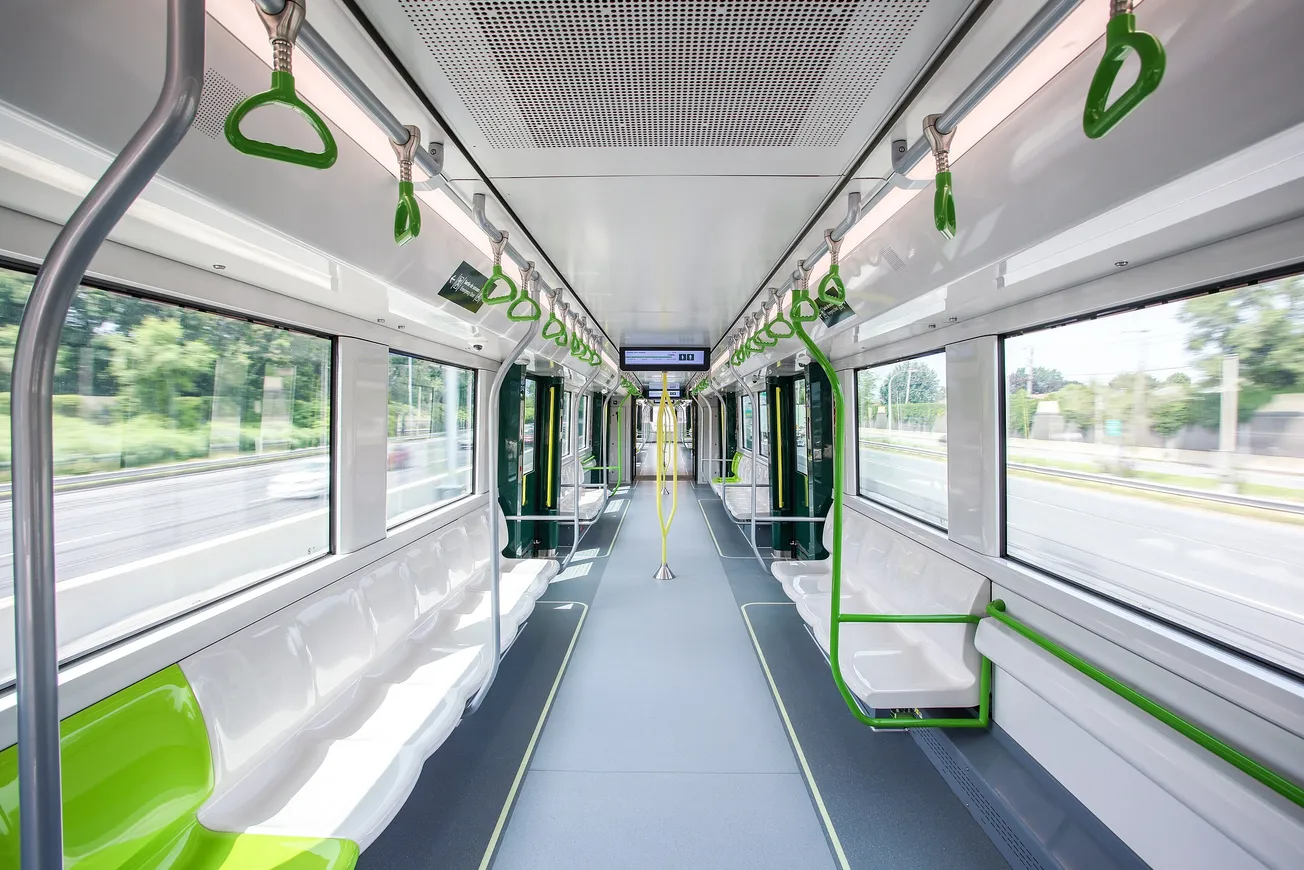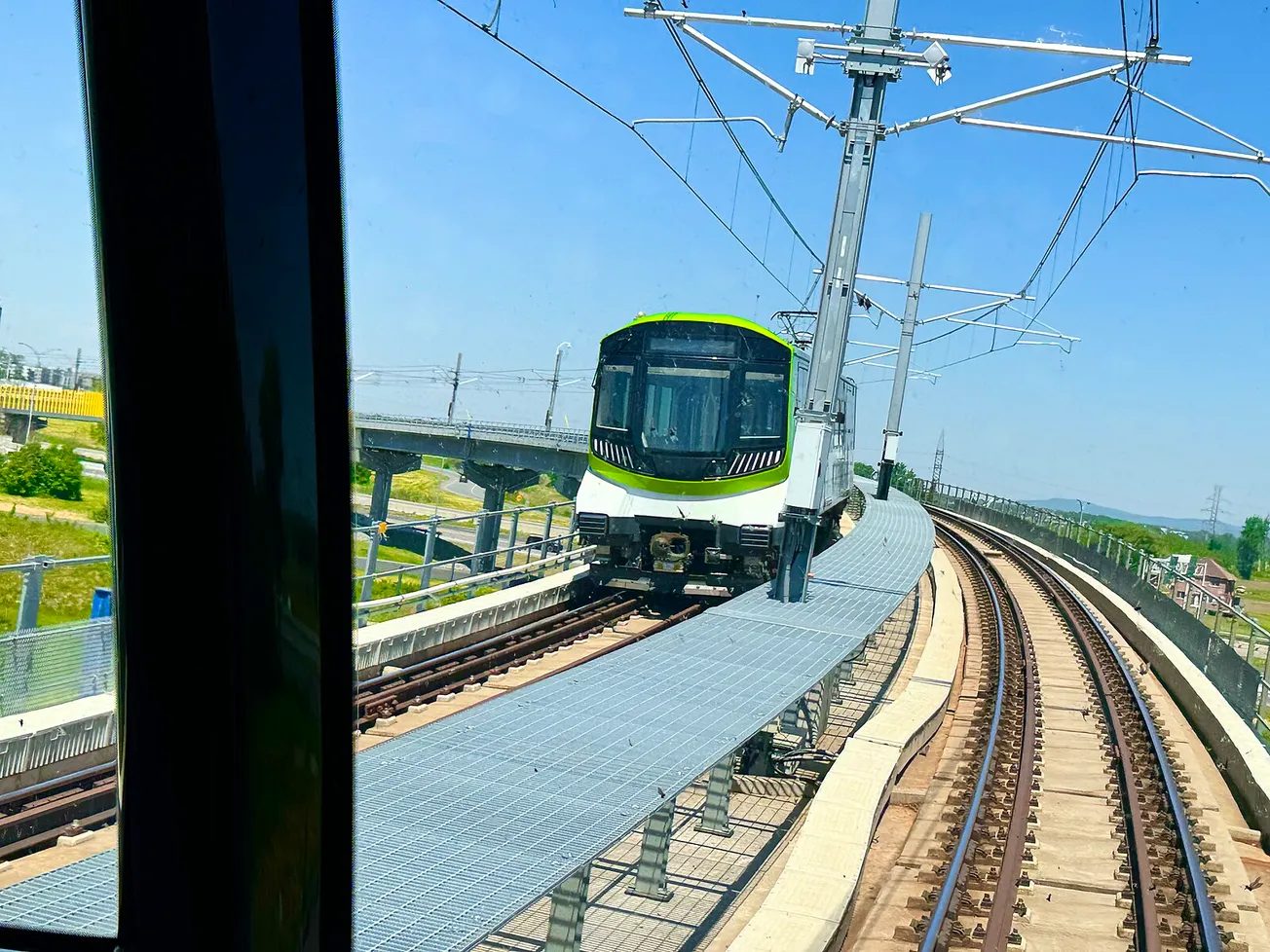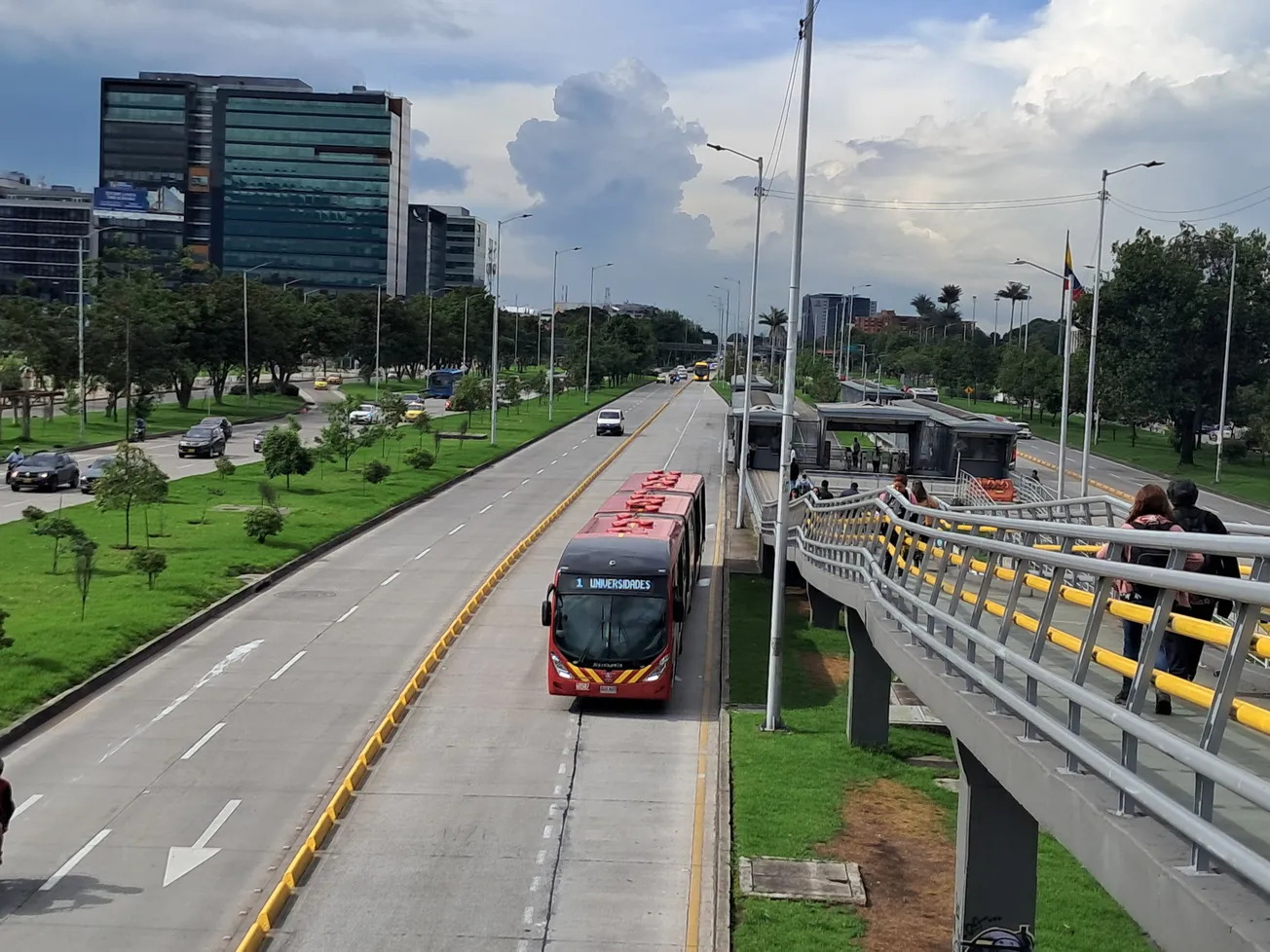// There's a lot to love about Montreal. Right at the top of the list, for me, is the fact that it's not fancy. Though it's no longer the Cheap-as-Sin City-of-Sin I discovered when I moved here in the mid-1990s, it remains one of the world's most down-to-earth metropolises. Two-thirds of Montrealers are renters; we have one of the lowest rates of car-ownership of any major city in North America; and we take more transit trips per capita than the residents of any other city on the continent. We're an old-school city of brick, like Philadelphia, Brooklyn, and parts of Boston. Stylish—mais oui; fancy—we're not.
In New York, mayoral candidate Zohran Mamdani has tapped into a crucial reality underlying many of the hard-bitten cities of the east: most voters aren't multi-millionaires or billionaires, and, in this new Gilded Age, it's becoming increasingly clear to more of them that they're never going to be. That means, because democracy is still the prevalent system (though Trump and the plutocrats are working to end it), you can win power by promising things that the majority of people want, and need. Things like better child care, free and fast buses, grocery stores, and affordable rent. And, if you tap into the real-reality of a city like New York, or Philadelphia, or Montreal, rather than its aspirational-reality, you just might end up building a better city—one where the streets are less congested with cars, where people can walk and ride bikes, where kids get around safely, the air is breathable, nobody goes without a roof, and public transit actually works.
For the last eight years, Montreal has been getting a lot of these things right. Much of this is down to the mayoralty of Valérie Plante. Under her party, Projet Montréal, rents have more than doubled since 2019, which is making a lot of people feel, correctly, that the city they love is getting too fancy for them. The administration's solution was to require developers to make 20 percent of residences in new developments into affordable housing, or pay a fine. Surprise, surprise: the developers chose to pay the fine. That's allowed Projet Montréal to bank $58 million, which they're using to buy social housing. That's great and all, but it doesn't come close to fixing the real and immediate housing crisis.
Plante has decided she's not going to run in the next municipal election, which is coming up on November 2. Her party, Projet Montréal, has put forth Luc Rabouin, the current mayor of the Plateau Mont-Royal borough, to take her place. In my last HIGH SPEED dispatch, I describe what I learned when I sat down with him earlier this week.
I also promised that I'd tell you how I'll be voting this Sunday. Hold tight—we'll get there.
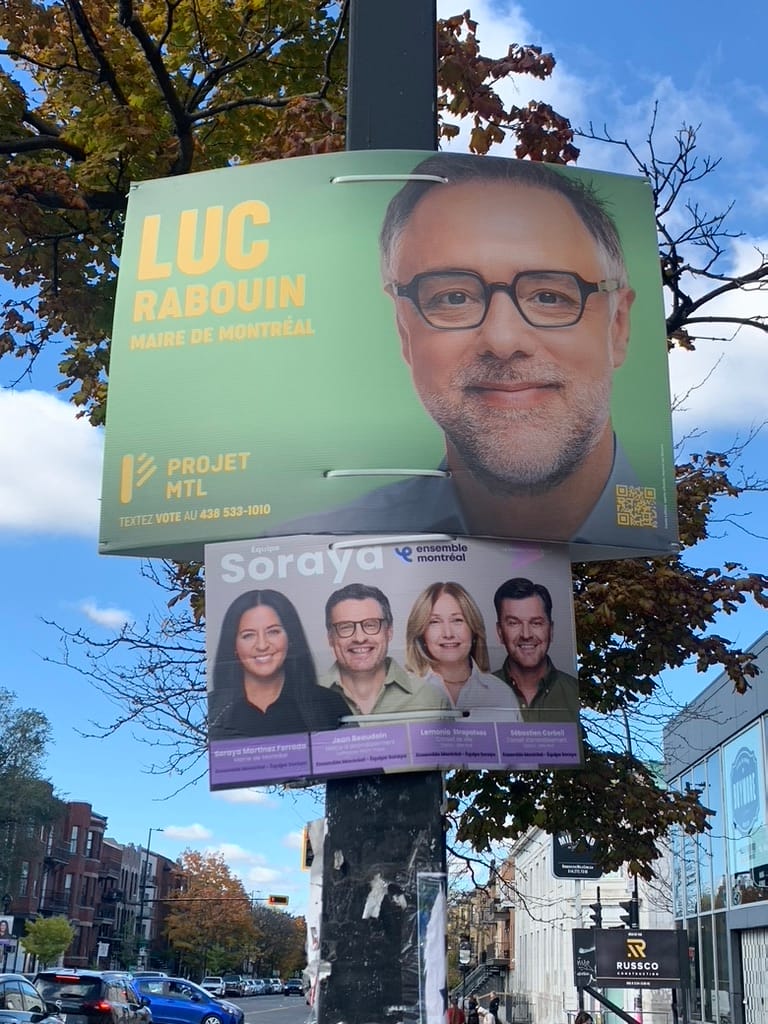
One thing's for sure: I won't be voting for Ensemble Montréal, which is why I'm not sitting down with its leader, Soraya Martinez Ferrada. She's the former Liberal Member of Parliament for Hochelaga-Maisonneuve, and, on the fancy-versus-down-to-earth scale, I class her fancy: she's with the landlords, developers, and drivers, not the renters and straphangers. (As a landlord, Martinez Ferrada accepted a damage deposit from one of her tenants, which you're not allowed to do in Montreal; she has since returned it.) Ensemble Montréal's solution is to end the housing crisis by encouraging more development. But, as we've seen, developers would rather shell out millions in penalties than build homes and apartments people can actually afford.


